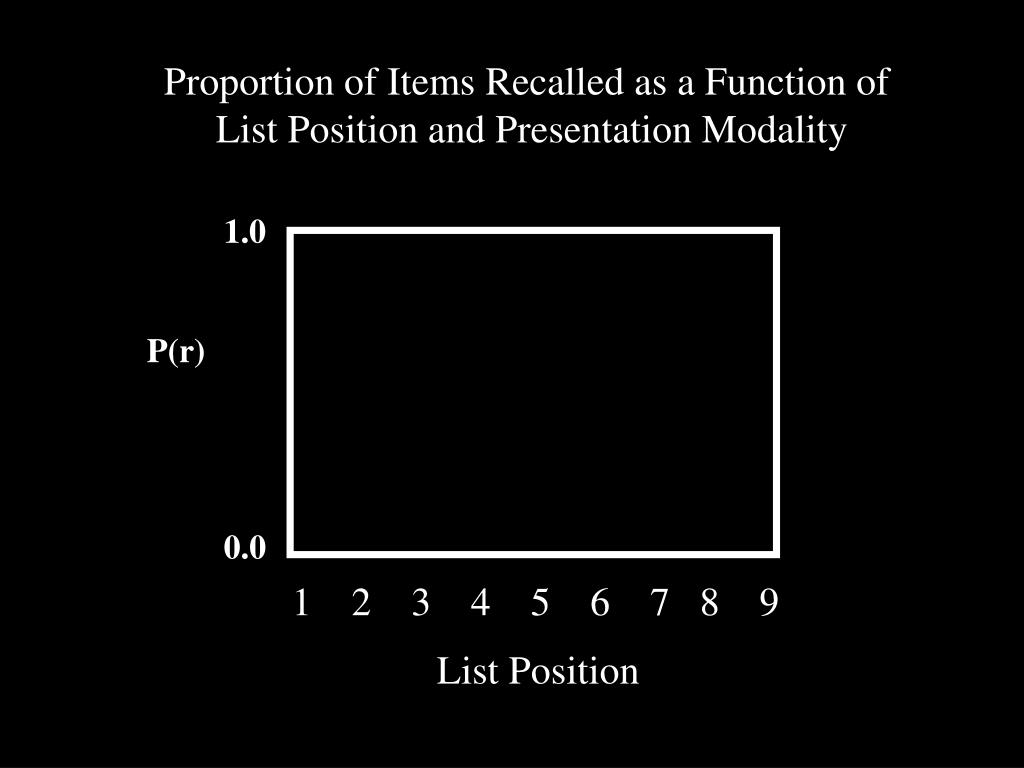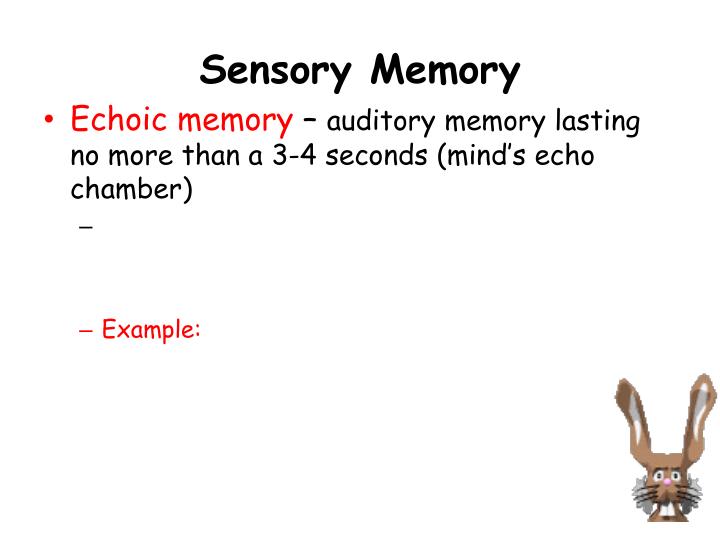

But special weight is attached to the conjecture that all these recency phenomena might be accounted for in terms of distinctiveness or discriminability. Several alternative theoretical resolutions are mentioned, including the possibility that enhanced recency may reflect movement, from sequentially occurring stimulus features, and the suggestion that it may be associated with the primary linguistic mode of the individuals concerned. The need for additional, converging experimental tests is obvious so too is the need for further theoretical development. Much of the fresh evidence reviewed is of a somewhat preliminary nature and it is as yet unexplained by any theory of memory. This article provides a partial review of these studies, taking a broad theoretical position from which these particular recency phenomena are approached as possible exceptions to a general theory according to which recency is due to temporal distinctiveness. Also, similar recency phenomena have been discovered in short-term memory when the items are lip-read, or presented in sign-language, rather than heard. There are now several studies showing that an auditory recency advantage occurs not only in long-term memory, but under conditions in which it cannot possibly be attributed to echoic memory.

This auditory recency advantage has been quite generally attributed to echoic memory, on the grounds that in the auditory, but not the visual, mode, sensory memory persists just long enough to supplement recall of the most recent items. In sensory memory, no manipulation of the incoming.

In short-term memory, the tendency for the last few (recency) items from a verbal sequence to be increasingly well recalled is more pronounced if the items are spoken rather than written. There are different types of sensory memory, including iconic memory, echoic memory, and haptic memory.


 0 kommentar(er)
0 kommentar(er)
